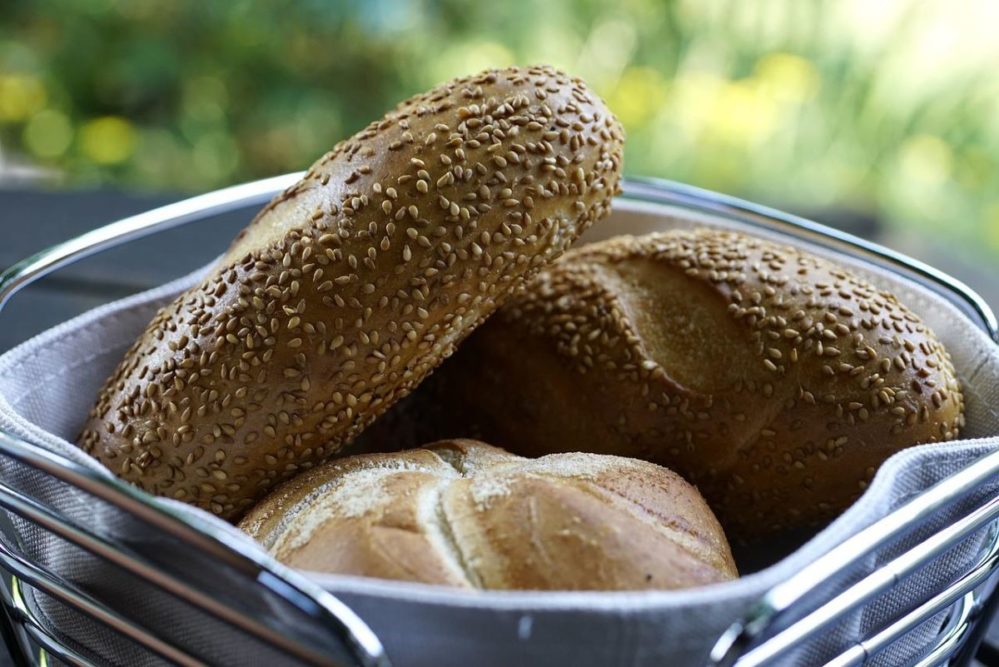
How the rise of a new allergen has altered the baking industry since the last IBIE
One very distinct change over the past three years worth contemplating as IBIE 2022 approaches is the addition of a new ingredient to the list of major allergens for the first time in a decade.
Bakers have grappled with the safe handling and appropriate labeling of food allergens since 2006, but a move by Congress in 2021 added a new wrinkle to requirement for many bakers.
On April 23, 2021, President Joe Biden signed into law the Food Allergy Safety, Treatment, Education and Research Act of 2021 (FASTER Act), adding sesame to the list of major food allergens for which labeling is required. The FASTER Act set Jan. 1, 2023, as the date by which food companies are required to declare the presence of sesame on food packaging labels.
The first food added to the list of major allergens in more than a decade, the ingredient is far less prevalent than the other eight allergens — dairy, wheat, eggs, peanuts, tree nuts, soy, fish and shellfish. US consumption of sesame each year has been estimated at about 40,000 tonnes. That compares to 6.8 billion tonnes of eggs (113 billion eggs), 101 million tonnes of milk and 1.14 million tonnes of peanuts.
Still, unlike, say, eggs or soy, sesame is a consumer-facing ingredient for bakers. At McDonald’s and other quick-service restaurants, a sesame topping on buns creates the initial visual impression for many consumers.
Certain bakers are responding to the FASTER Act passage by eliminating sesame completely from their baking operations. For example, Calise Bakery, Lincoln, RI, has reformulated its Scala bread, replacing sesame seed with flax seed. The product has been renamed Calise Bakery Golden Flax Seed Scala Bread. It was introduced at the start of 2022.
Baking companies that don’t have the option to drop sesame likely will take other steps to ensure compliance with the new law, including adjusting production schedules to allow for thorough cleaning after each sesame run. Interest in production equipment that is especially conducive to thorough cleaning may be expected to attract heightened interest at IBIE this year.
